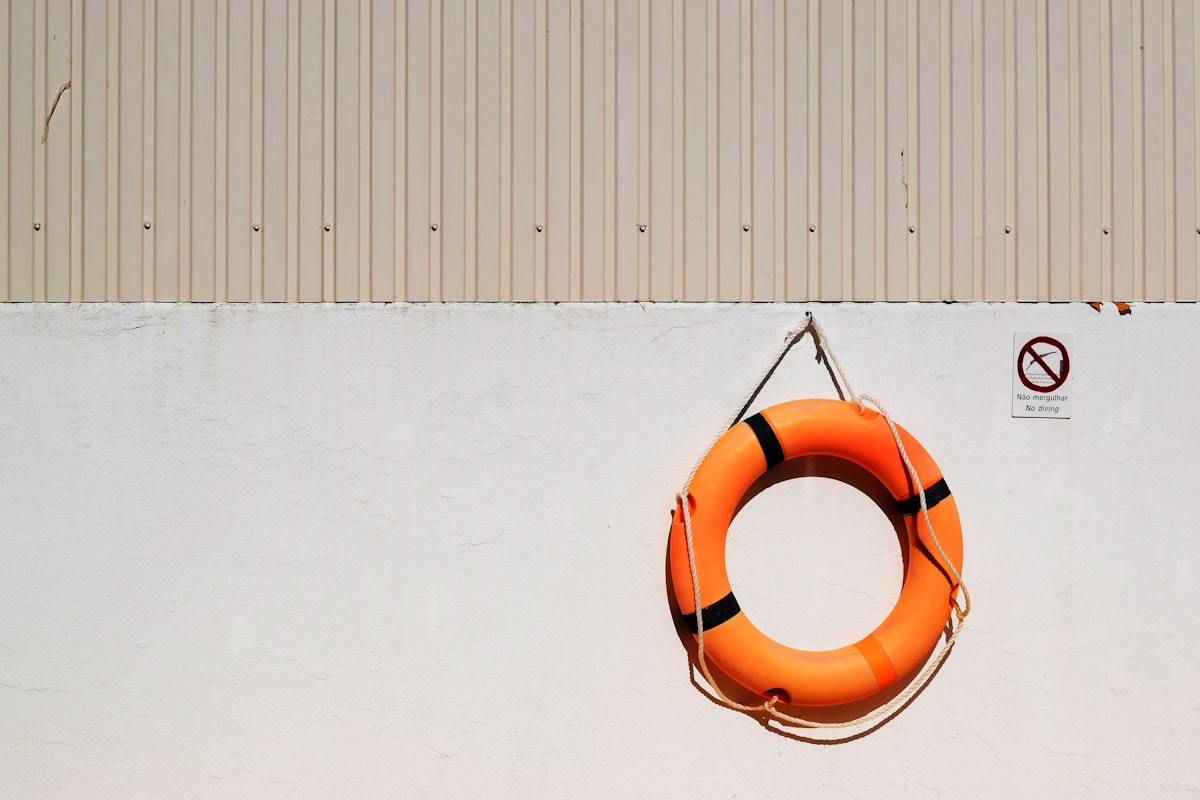Social and Emotional Patronage

I recently spoke to BogBeef from The Good Ol Boyz on my podcast. If you’ve heard Bog talk at all, you’ve probably heard him speak about patronage. He certainly did not originate this idea, but he is responsible for spreading it on the right.
At the most basic level, patronage is the idea that at the core of politics lies an exchange. The powerful grant gifts in exchange for support. This system is easier to observe the farther back into history we go. Roman politicians would exchange direct payments, food subsidies, and public entertainment for votes. Patronage is a morally neutral occurrence. It happens in any system or government.
In our current age patronage is at work. Let us examine transgender people as an example. If you are transgender you firstly cannot be fired for your gender identity. In many states, the government will subsidize expensive elective surgeries on your behalf. The entire apparatus of power is devoted to supporting you. Newspapers write endless stories about how you are valid and important. Transgender soldiers are entitled to even more; they do not have to meet uniform standards, complete physical training, or deploy.
There is a similar dynamic at play with American blacks. As Sam Francis wrote in his seminal essay, the criminal underclass are patrons of the regime. We have the obvious positive patronage of welfare. Obama phones. EBT and section 8 are clear examples. However, there is also negative patronage where the state exempts clients from normal law enforcement. This provides dual benefits for the regime. Most clearly, it is a privilege extended to groups that support the empire 9:1. It also allows power to focus its attention on political rivals instead of petty crime. Look at the rise in crime and violence post-2020 and compare that to the frenetic efforts of the FBI to track down electoral justice protestors.
So far this is standard analysis from our sphere. Ideas like these have been popular since at least the mid-90s on the right. However, this basic framework fails to address clients who don’t seem to directly benefit from regime patronage. To put it directly, why do poor millennials and aging spinsters support the empire when it seems they don’t gain anything from the arrangement?
The basic frame of patronage is materialistic. This is not an insult, but a description. I argue that there’s a third type of patronage, which I dub Social and Emotional patronage, that explains the phenomenon.
If you’ve ever observed progressive types, you’ll notice that they seem miserable. Taken as a whole this cadre is poor and hopeless. To be fair, many of their claims are legitimate. Housing is too expensive, wages are too low, and taken as a whole America is a society without a reason to exist. Given this discontent, it would seem logical that people like this are the regime's harshest critics, however, this is an incorrect assumption. Even though they don’t seem to reap any material reward from the empire, they are staunch supporters. With other client groups, the exchange is clear. I argue that this demographic is offered emotional rather than financial patronage.
Status and wealth are not synonymous. Men like Trump are very wealthy, but take one look at the news and it will be clear that he is not high-class. He lacks the social signifiers and approval from prestige instructions to be high status. On the other hand, there are any number of artists, activists, and intellectuals who are poor but rub shoulders with high society.
The middle class ( also called the striver class) is especially sensitive to status signaling. Trends reserved for the rich and powerful quickly move down the social ladder. In 1985 Sushi was exclusive to the elite cities on the coast ( a joke the In Breakfast Club ), but in current year every city has a half dozen sushi restaurants. There is a continual arms race between the upper class needed to differentiate itself and the middle class which wants to ape upper-class trends.
The same thing happens with ideology. So-called Luxury Beliefs have spread through our culture from the top down. Sexual practices that once would have been outlandish in an Eyes Wide Shut style party, have become the norm in lower-class areas.
Our elites and their institutions are undeniably left-wing. This means that the apparatus of social status is also ideologically progressive. The middle-class liberal will adhere to the part line because doing so is seen as high status by his peers.
This is a benefit I call Social and Emotional Patronage. The liberal may not receive any monetary benefit from the regime. He may have his car broken into and his city burnt by other clients of the regime. But he does not care. His reward is not a physical one. He is rewarded by social status. Even if he is poor, he is of high status. Most importantly he’s higher status than his racist parents and friends.
We know that this works when we look at any liberal event or protest. The frontlines are made up of spiteful mutants. Freaks, degenerates and felons act as shock troops. Yet the rest of the crowd will be made up of largely normal-looking people. Does anyone remember the “Wall of Moms”?
This matters because it explains how the regime commands loyalty. It also disproves a common line of reasoning on the right. Some have said, “ Surely people will ‘wake up’ now that material conditions have worsened.” This will not happen. That line of reasoning assumes rational economic actors. This client-patron relationship is built on social and emotional rewards and will not break down until the regime loses the ability to confer social status.